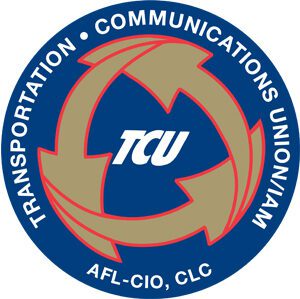Democrats on the House Education and the Workforce Committee reintroduced the Protecting America’s Workers Act, legislation that strengthens and modernizes the Occupational Safety and Health Act of 1970. The bill would give the Occupational Safety and Health Administration (OSHA) tools to ensure that employers promptly correct hazardous working conditions, protect workers from retaliation when they blow the whistle on unsafe working conditions, and hold employers accountable for violations that cause death or serious injury to workers. The OSHA Act has not been meaningfully updated since it was passed in 1970.
The Protecting America’s Workers Act will:
- Protect millions of workers by expanding OSHA coverage to state and local government employees in 25 states, and broadening OSHA coverage to include federal employees.
- Ensure worker safety is protected in a timely manner by mandating that employer’s correct hazardous conditions while a citation for a serious, willful or repeat violation is being contested. Currently, the requirement to abate violations is stayed while a violation is litigated, leaving workers in harm’s way.
- Improve whistleblower protection for workers who call attention to unsafe working conditions.
- Update obsolete consensus standards that were incorporated by reference when OSHA was first enacted in 1970.
- Deter “high gravity” violations by providing authority for increased civil monetary penalties for willful and serious violations that cause death or serious bodily injury.
- Authorize felony penalties against employers who knowingly commit OSHA violations that result in death or serious bodily injury and extend such penalties to corporate officers and directors. Criminal penalties are misdemeanors under current law.
- Require OSHA to investigate all cases of death and serious injury that occur within a place of employment.
- Establish rights for families of workers who were killed on the job by giving families the right to meet with OSHA investigators, receive copies of citations, and to have an opportunity to make a statement before any settlement negotiations.
- Improve protections for workers in state plans by allowing the Secretary of Labor to assert concurrent enforcement authority in those states where the plan fails to meeting minimum requirements needed to protect workers’ safety and health, as recommended by a Government Accountability Office report.
Click here to read the release from the House Committee on Education and the Workforce.

